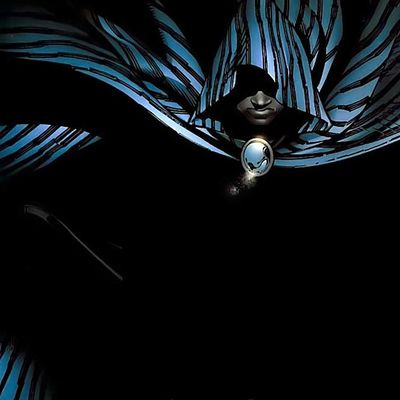Difference between revisions of "Ceniza"
| Line 47: | Line 47: | ||
<center>'''Plot Hooks'''</center></font> | <center>'''Plot Hooks'''</center></font> | ||
| − | <font color=#556f7b style="font-variant: small-caps; font-size: 14pt;font-family: Garamond">♦ '''[https://www.youtube.com/watch?v=VvKjpGP6P5Y Crime/Street]:'''</font> <br> ''Victor J. Ceniza, or Cen as he's known on ''The Street'', is no stranger to life on the | + | <font color=#556f7b style="font-variant: small-caps; font-size: 14pt;font-family: Garamond">♦ '''[https://www.youtube.com/watch?v=VvKjpGP6P5Y Crime/Street]:'''</font> <br> ''Victor J. Ceniza, or Cen as he's known on ''The Street'', is no stranger to life on the margins of civil and polite society.'' |
<font color=#556f7b style="font-variant: small-caps; font-size: 14pt;font-family: Garamond">♦ '''[https://youtu.be/kQmUgKaeYr0 Occult]:'''</font> <br> ''He's known to be a practitioner of [https://en.wikipedia.org/wiki/Palo_(religion) Palo Mayombe], also known as Las Reglas de Congo, a religion with various denominations which developed in Cuba among Central African slaves and their descendants who originated in the Congo Basin. Denominations often referred to as "branches" of Palo include Mayombe, Monte, Briyumba, and Kimbisa. The Spanish word palo (stick) was applied to the religion in Cuba due to the use of wooden sticks in the preparation of altars, which were also called la Nganga, el caldero, nkisi or la prenda. Priests of Palo are known as Paleros. Initiates are known as ngueyos or pino nuevo.'' | <font color=#556f7b style="font-variant: small-caps; font-size: 14pt;font-family: Garamond">♦ '''[https://youtu.be/kQmUgKaeYr0 Occult]:'''</font> <br> ''He's known to be a practitioner of [https://en.wikipedia.org/wiki/Palo_(religion) Palo Mayombe], also known as Las Reglas de Congo, a religion with various denominations which developed in Cuba among Central African slaves and their descendants who originated in the Congo Basin. Denominations often referred to as "branches" of Palo include Mayombe, Monte, Briyumba, and Kimbisa. The Spanish word palo (stick) was applied to the religion in Cuba due to the use of wooden sticks in the preparation of altars, which were also called la Nganga, el caldero, nkisi or la prenda. Priests of Palo are known as Paleros. Initiates are known as ngueyos or pino nuevo.'' | ||
Revision as of 07:16, 3 April 2020
|
|


| |||||||||||||
♦ Crime/Street: ♦ Occult: ♦ Wraith:
| ||||||||||||||










